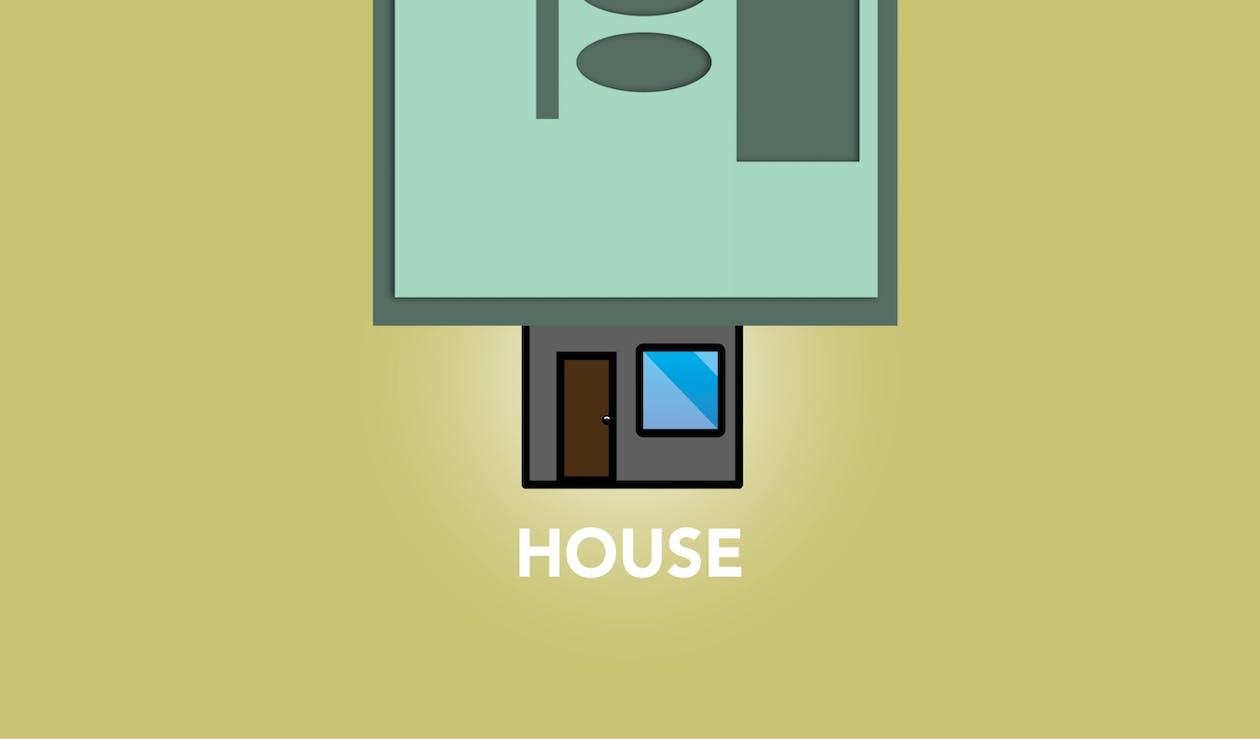When you are looking into NYC real estate as an investment avenue, one of the most important decisions you will have to make is regarding the property type you can invest in. Assuming you are looking for residential properties instead of commercial, the decision will primarily be between apartments and single-family homes, as the two make up the largest portion of the housing stock in the city. Apartments outnumber single-family homes in NYC by a significant margin.
Also, when you are investing in apartments in NYC to generate rental income, condos are a practical choice because most co-op boards forbid subletting/renting out the apartment to someone else.
So between condo apartments and single-family homes, the choice is usually influenced by three factors.
1. Rental Income and CAP Rate
Rental income is the income you generate by renting out a property. You can calculate your profit from a property by subtracting the property expenses from your income. However, rental income alone will not allow you to compare an apartment or a single-family home as the better choice. A better approach would be to compare CAP rates. The cap rate is simply the ratio of the net operating income (rent after expenses) for a year and the price you will pay for the property. A $700,000 condo that generates a net operating income (NOI) of $13,500 a year offers a better cap rate (1.92%) than a $1,000,000 single-family home generating an operating income of $18,000 a year.
The CAP rate is a good way to compare single-family homes and apartments with different prices and rental income potentials.
2. Maintenance Cost And Effort
If you own a property, you will be responsible for maintaining it in a habitable condition for your tenant. There are specific guidelines from HPD ( Housing Preservation and Development) which define what a landlord is legally required to provide. For example, a landlord should provide heat to the tenants during the cold season. It’s easier in an apartment building where the condo management will take care of the heating system. Even if it needs to be replaced, the cost will be divided among all the apartments, and the financial burden will not fall on the landlord (or tenant) of a single apartment.
But if you have a single-family home and you need to repair/replace the boilers for your tenants, you may have to bear the entire cost. You may also be responsible for supervising the work. The exact cost and effort requirements may differ, but landlords with single-family homes usually have to spend more time and effort on maintaining their property than landlords with apartments. The higher cost is usually passed on to the tenants.
3. Value Appreciation
The third factor that may influence your decision between buying a condo or a single-family home is price appreciation. This value of the property is governed by multiple factors, and the type of the property (apartment or single-family home) is just one of these factors. Things like the property’s location, demand cycles, inventory, etc., can significantly impact how rapidly your property’s value appreciates.
The ideal choice will be the one that offers better rental potential and value appreciation and requires the least amount of work from you. But you can rarely hit the tri-factor. Focus on what’s important to you as an investor. If your goal is to maximize your income, the CAP rate should be your top priority. If you want relatively effortless passive income, apartments might be better than single-family homes. So make the choice that best meets your investment goals.















